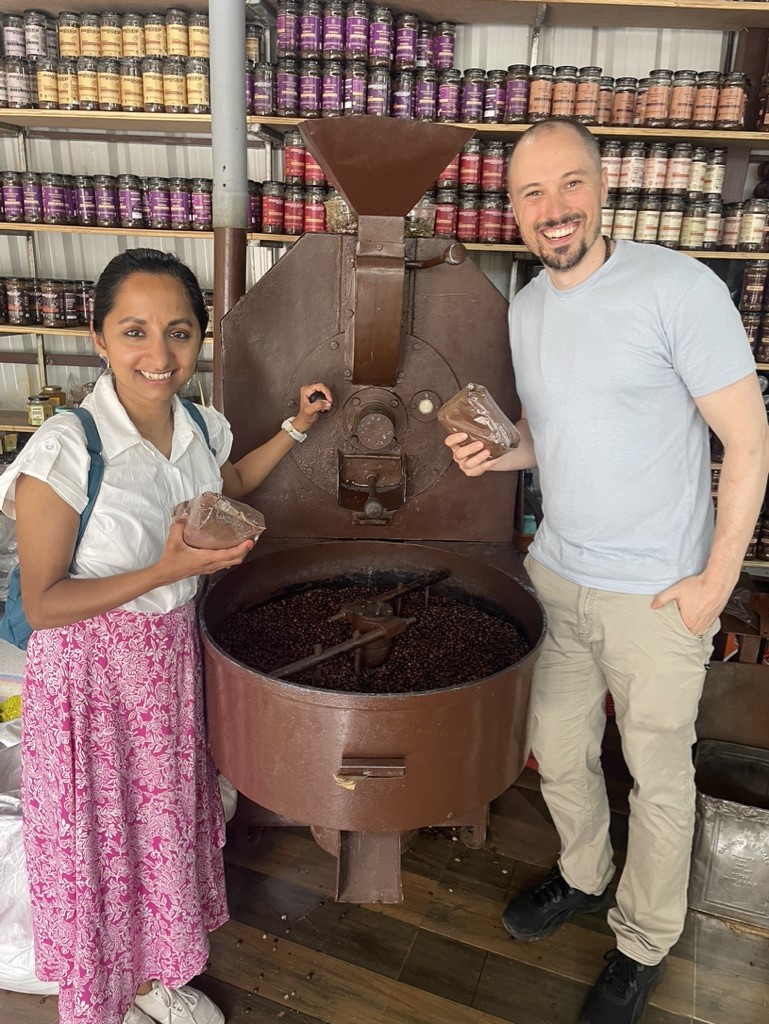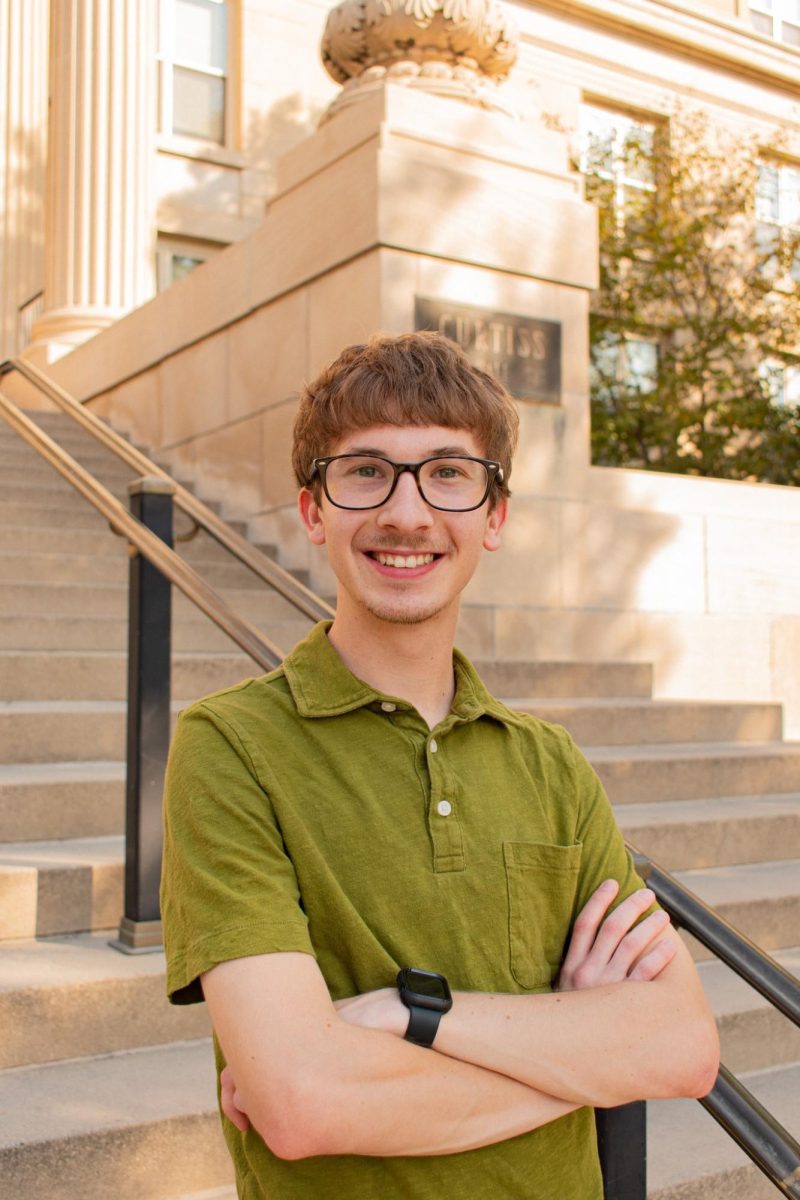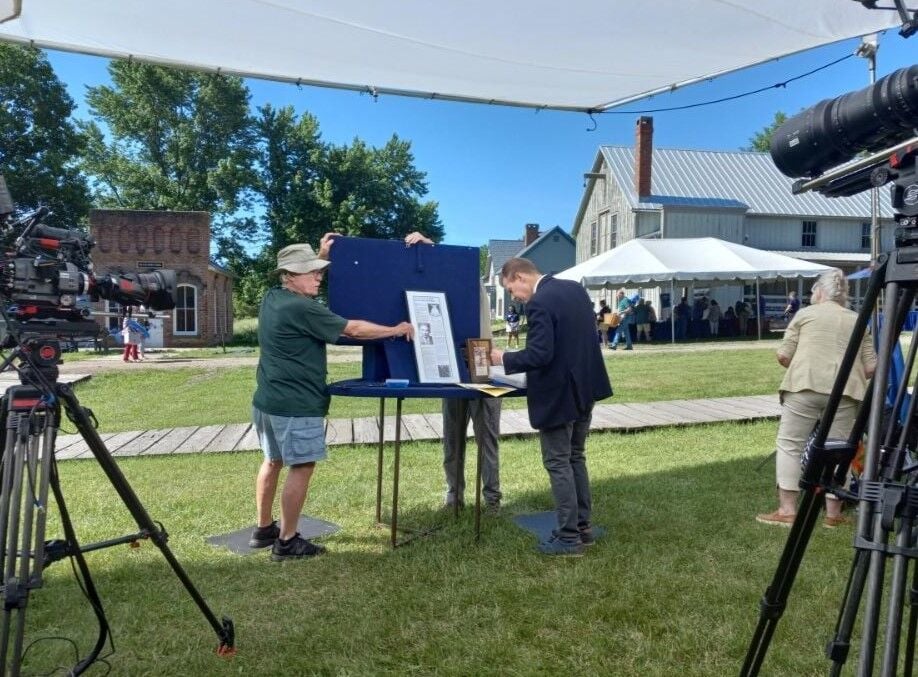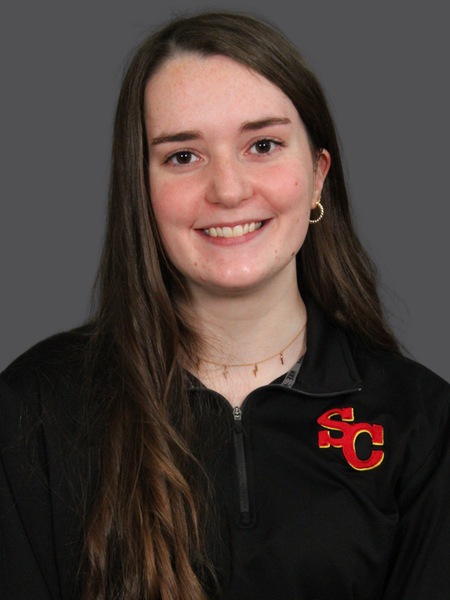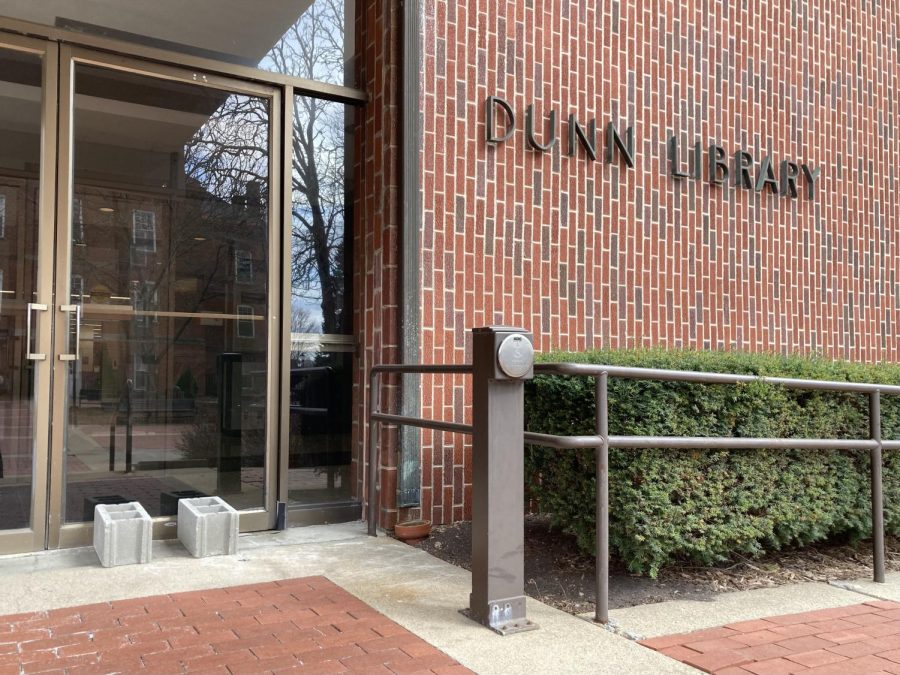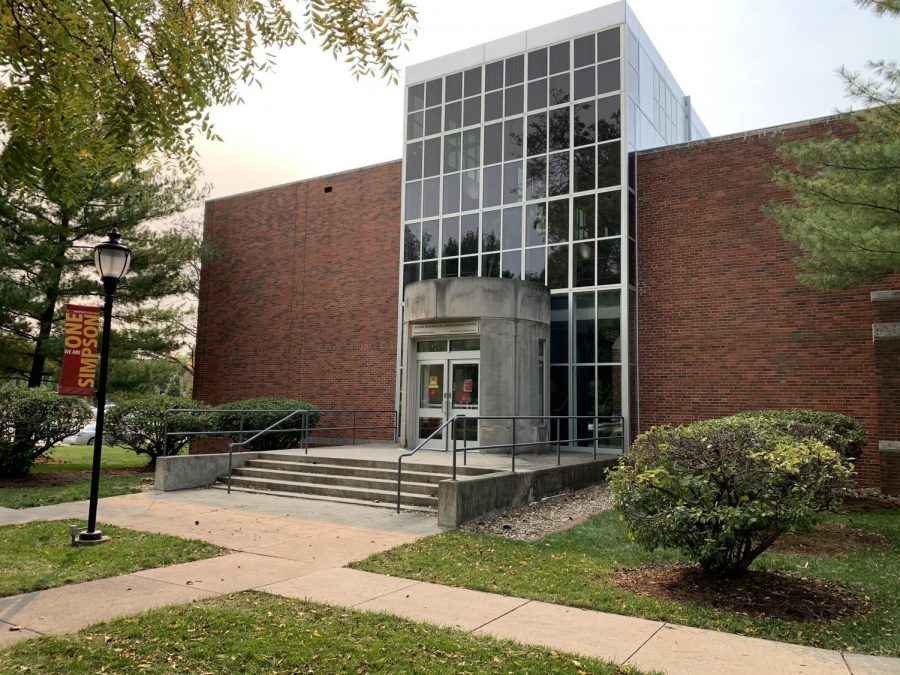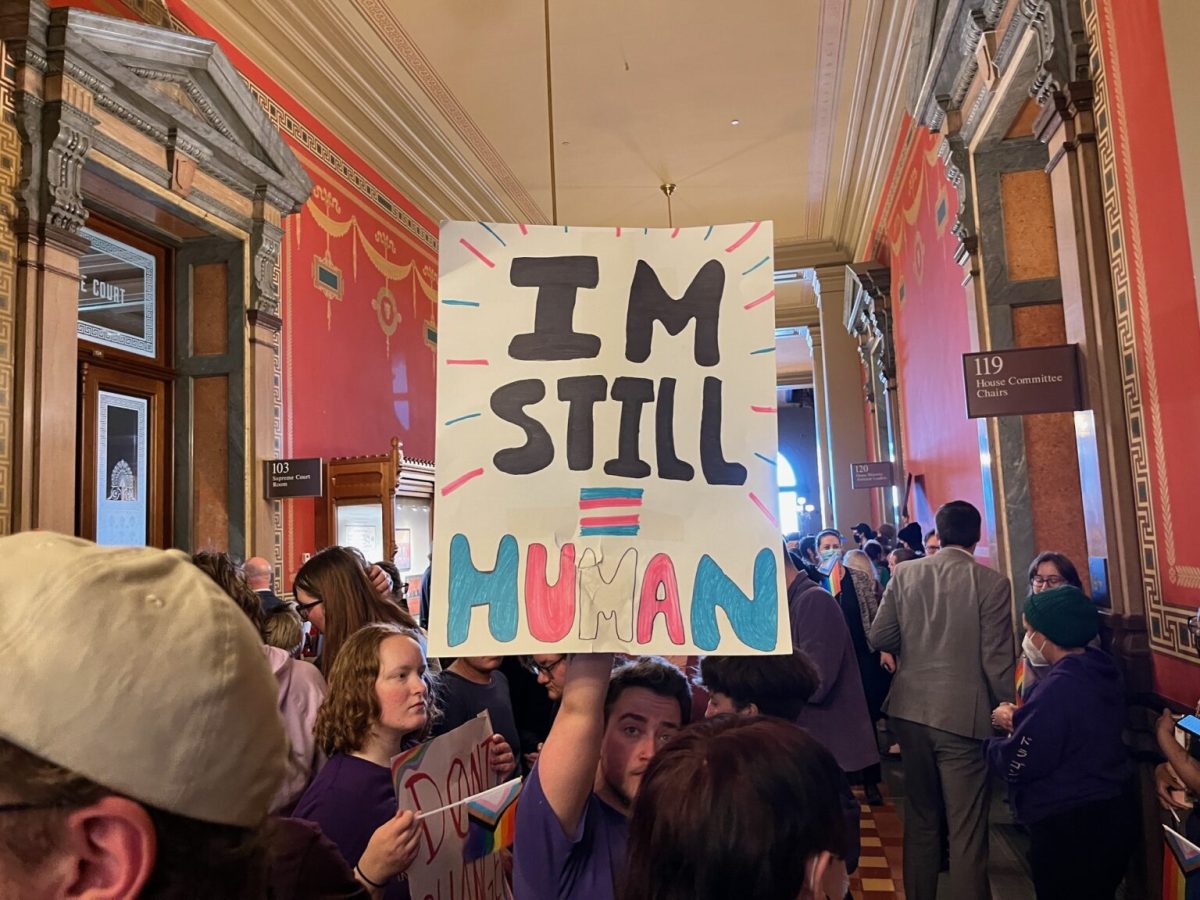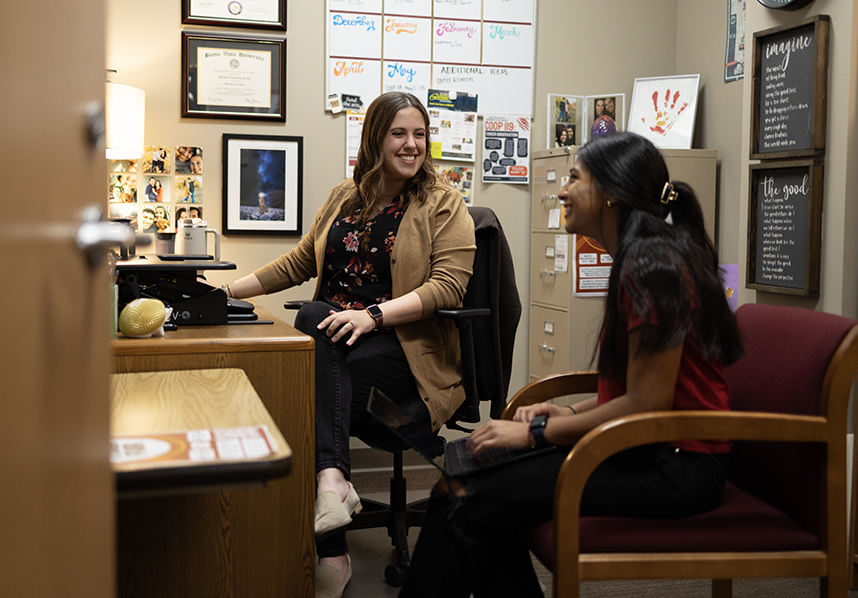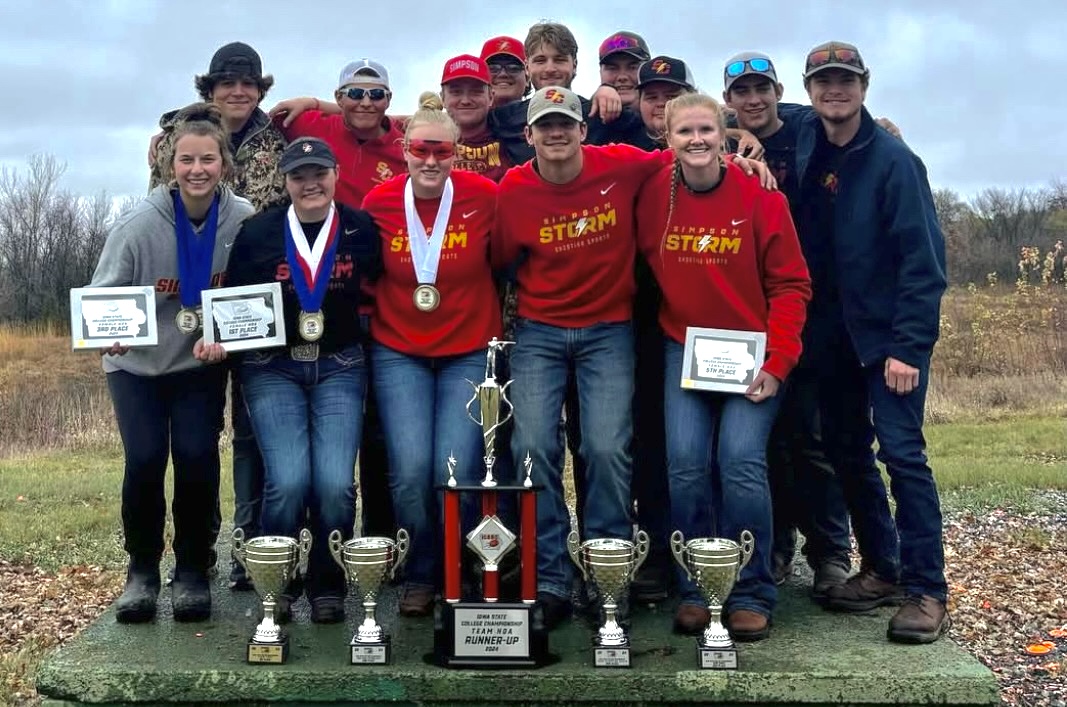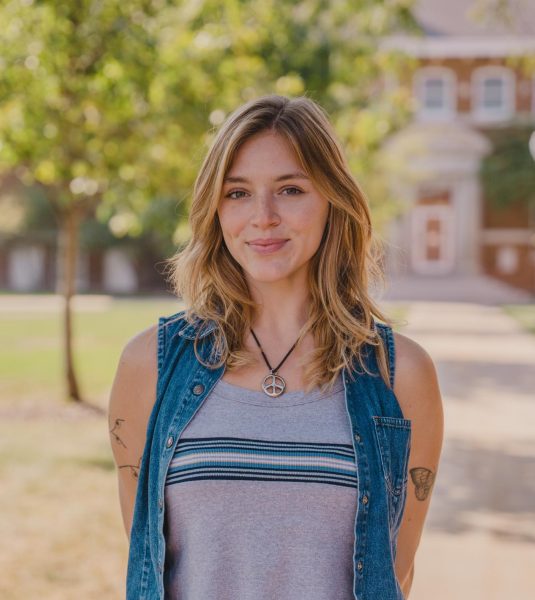In May 2024 Jed Forman, assistant professor in Buddhist studies, plans to take a group of students across the world to India alongside Aswati Subramanian, assistant professor of biology. Their goal is to explore the Tibetan lifestyle and how their people have adapted to their new lives in India.
“Diaspora is when a large group of people leave their homeland to live in another area. And that is exactly what has happened to the Tibetans,” said Forman. “A lot of Tibetans fled when the Chinese came in and took control over Tibet and are now living in India.”
“It is very important for Simpson students to understand what it means for immigrants to come and live in an area such as Iowa,” Subramanian said. “Even though we are not looking at Iowa and we are looking at India, you will notice the similarities when a population leaves their home country and tries to establish themselves somewhere else.”
They hope to immerse Simpson students in cultures entirely different from their own. But what is it that students should expect from this May term course to India?
“I think the focus of this course is intentionally very broad. Not only do we want to appeal to a lot of students, but there are just so many different aspects to touch on – like there is with any culture,” said Forman. “There will be religious aspects, art, Buddhism and science, architecture, sustainability, education, and another main focus will really be on what diasporic life is like for these Tibetans.”
Any student hoping to accompany Forman and Subramanian should expect to be traveling the entirety of the May term course – with the unique opportunity to stay in a Tibetan monastery in the South of India, then travel to the North towards the Himalayas, and perhaps get an audience with the Dalai lama himself.
Another unique aspect of the course is the instructors themselves. Forman has years of traveling experience, including multiple trips to India, where he has conducted his own research. Mostly, he understands the struggle of travel and the huge decision it is to leave the country and indulge in an entirely foreign culture to his own.
“I have traveled a lot – in my childhood and throughout college – and I still find traveling hard. If a student is feeling apprehensive or experiencing challenges while traveling, they need to know that is okay and it’s a part of the experience. In order to get something out of travel, it doesn’t have to be perfect. It is worth the discomfort,” Forman said.
Subramanian offers her own experiences and expertise as well. Not only is she well-traveled, but India is where she grew up – it is one of her many homes and a country she is familiar and comfortable with.
“I’ve lived in many different parts of the world, and every time I have gone to a different part, I have become a diaspora. I am diasporic. For me, this course is very much what I am,” said Subramanian. “I fully recognize the nature of the challenges students will face when they go explore a different culture. You might be frustrated, you might struggle, but what is going to happen is you are going to come back to Iowa and you will have two to three weeks to think about it, and that is when you will realize, ‘wow this changed my life.’ Things may never be the same for you again, in a good way.”
Although it feels far out, spring is right around the corner. Foreman and Subramanian strongly encourage all students, in all majors, to reach out to them and ask questions. Not only do they want the opportunity to teach, but they want to change your life. Don’t you?



